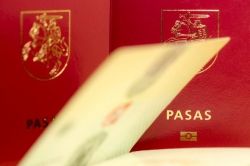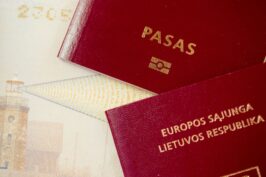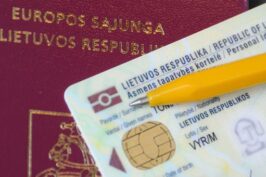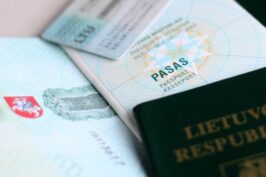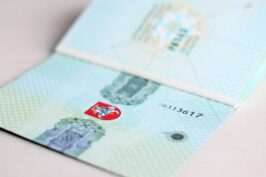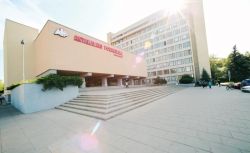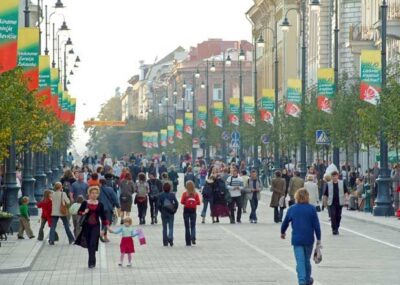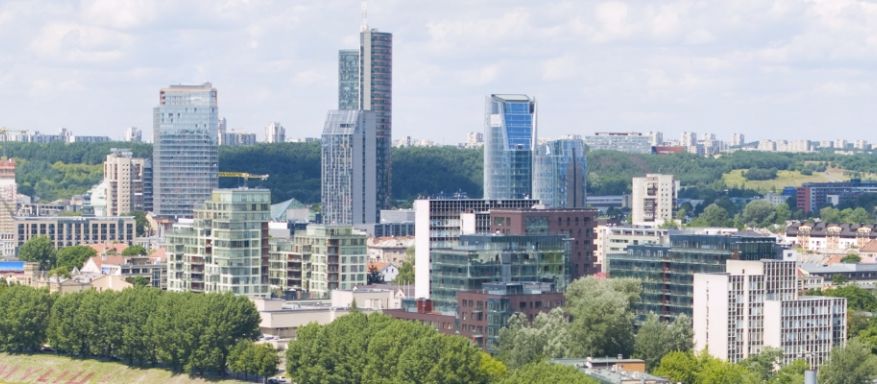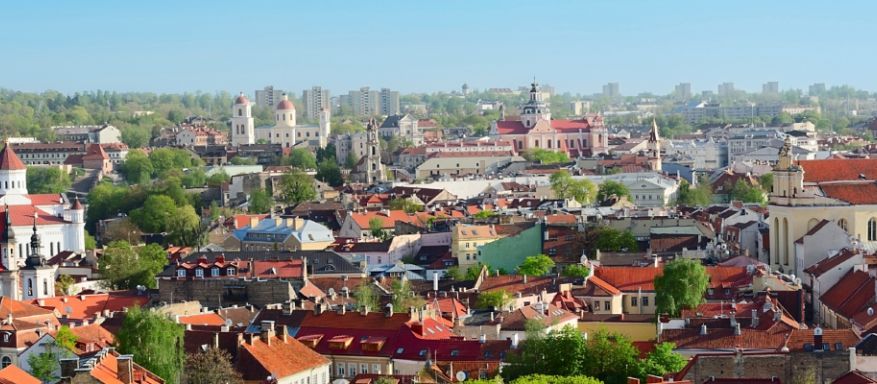Latest news
 2025 01 21 Documents Issued in Russia Require Apostille in Lithuania
2025 01 21 Documents Issued in Russia Require Apostille in Lithuania
From 2025 01 21 Documents Issued in Russia Require Apostille in Lithuania. An increasing number of Lithuanian residents face situations where documents issued in Russia need to be submitted for use in Lithuania. Whether it is a marriage certificate, birth...
 2024 03 04 Referendum on the Retention of Lithuanian Citizenship (Dual, Multiple Citizenship) to Be Held in 2024. Voting Procedure
2024 03 04 Referendum on the Retention of Lithuanian Citizenship (Dual, Multiple Citizenship) to Be Held in 2024. Voting Procedure
On 12 May 2024, a referendum on the retention of Lithuanian Citizenship acquired by birth upon acquisition of citizenship of another country friendly to Lithuania will be held. If the citizens of Lithuania vote in favour thereof, the following statement...
Recent publications
 12 Most Frequently Asked Questions About Lithuanian Citizenship Restoration by Descent
12 Most Frequently Asked Questions About Lithuanian Citizenship Restoration by Descent
12 Most Frequently Asked Questions About Lithuanian Citizenship Restoration by Descent If you are looking for answers to the 12 Most Frequently Asked Questions About Lithuanian Citizenship Restoration by Descent, you are in the right place. This article on the...
 How to Restore Lithuanian Citizenship for Lithuanian Jews in Israel
How to Restore Lithuanian Citizenship for Lithuanian Jews in Israel
How to Restore Lithuanian Citizenship for Lithuanian Jews in Israel This guide explains how to restore Lithuanian citizenship for Lithuanian Jews in Israel, covering eligibility, documents, and the application process. Restoring Lithuanian citizenship (Reinstatement Lithuanian citizenship) offers a unique opportunity...
Events and developments
Lithuanians worldwidely celebrate this Day in their communities; however, it is celebrated for several years in turn also in Lithuania where various cultural events, expositions and concerts are arranged.
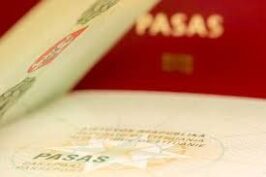 Lithuanian citizenship
Lithuanian citizenshipLithuanian citizenship is a permanent legal relationship of a person with The Republic of Lithuania, based on mutual rights and obligations.
Lithuanian Citizenship is acquired by:
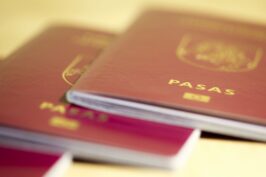 Dual Citizenship in Lithuania
Dual Citizenship in LithuaniaDual (double) citizenship can be allowed in Lithuania in exceptional cases only.
The cases when dual citizenship is allowed in Lithuania include:
1. A person was deported from
 Legal analysis of your options for obtaining Lithuanian citizenship
Legal analysis of your options for obtaining Lithuanian citizenshipThe lawyers of MIGRATION LAW CENTER offer a free legal analysis of your options for obtaining Lithuanian citizenship. To receive a detailed analysis, please complete an application form which you can find below.
 Immigration of persons of Lithuanian origin and persons having a right for restoration of Lithuanian citizenships
Immigration of persons of Lithuanian origin and persons having a right for restoration of Lithuanian citizenshipsPersons of Lithuanian origin and persons having a right for restoration of Lithuanian citizenship are entitled not only to be granted a citizenship of Lithuania according to a simplified procedure and issued a document certifying their Lithuanian origin or a certificate confirming their right for restoration of Lithuanian citizenship, but also have a right to apply for issue a Temporary Residence Permit in Lithuania or a Permanent Residence Permit in Lithuania and for issue a Schengen visa.
 Immigration of family members
Immigration of family membersOne of the principal bases for immigration to Lithuania is family reunification. On the base of family reunification, a Temporary Residence Permit in Lithuania or a Permanent Residence Permit in Lithuania may be issued. Family members (such as the children, a spouse and the parents) of a citizen of Lithuania or an alien who satisfies the requirements provided in the legal norms may apply for issue a Residence Permit in Lithuania.
 Legal assistance to persons of Lithuanian descent, emigrants and their descendants
Legal assistance to persons of Lithuanian descent, emigrants and their descendantsLithuanian citizenship may be acquired on certain bases provided in the Law of Republic of Lithuania on citizenship. Lithuanian descent is one of the bases for acquisition of Lithuanian citizenship.
Lithuanian origin should not be equalized to Lithuanian citizenship. Lithuanian origin is related to the ethnicity, the national affiliation of a person, his (her) belonging to a certain nation, ethnos or another historically developed group of people with common characteristics, such as language, culture, religion and so on, attributed to them. A person of Lithuanian origin can be not a citizen of Lithuania and a person of another origin (such as Jewish, Russian, Ukrainian etc.) can be a citizen of Lithuania. Following the relevant provisions of the Law of Republic of Lithuania on citizenship, a person of Lithuanian origin is a person whose parents or grandparents or at least one of the parents or the grandparents are or were of Lithuanian origin and who self-identifies as a Lithuanian and declares this by a declaration in writing.
 Immigration to lithuania
Immigration to lithuaniaAnnually, many persons come for residence in Lithuania from various states of the world. Some of them come to study, to work or to develop their business here, other intend to join their families and so on. The principal bases of immigration to Lithuania include: family reunification, employment, business, studies and so on.
 Upon arrival in Lithuania
Upon arrival in LithuaniaIn a majority of large towns of Lithuania, Tourism information centers operate. They provide detailed information about the tourism services available in the relevant town to residents and visitors. The principal purpose of Tourism information centers in Lithuania is spreading information on the specific town and (or) district.
Let us understand what you are looking for
FREE ANALYSISOf your options for obtaining Lithuanian citizenship
